You might have seen one or two envelopes marked ‘READ ME’ turning up in the Art Hostel and other East Street Arts locations. It’s part of a guerrilla publishing project called #foundfiction. Here we reveal how #foundfiction is connecting writers and readers across the world through anonymous short stories.
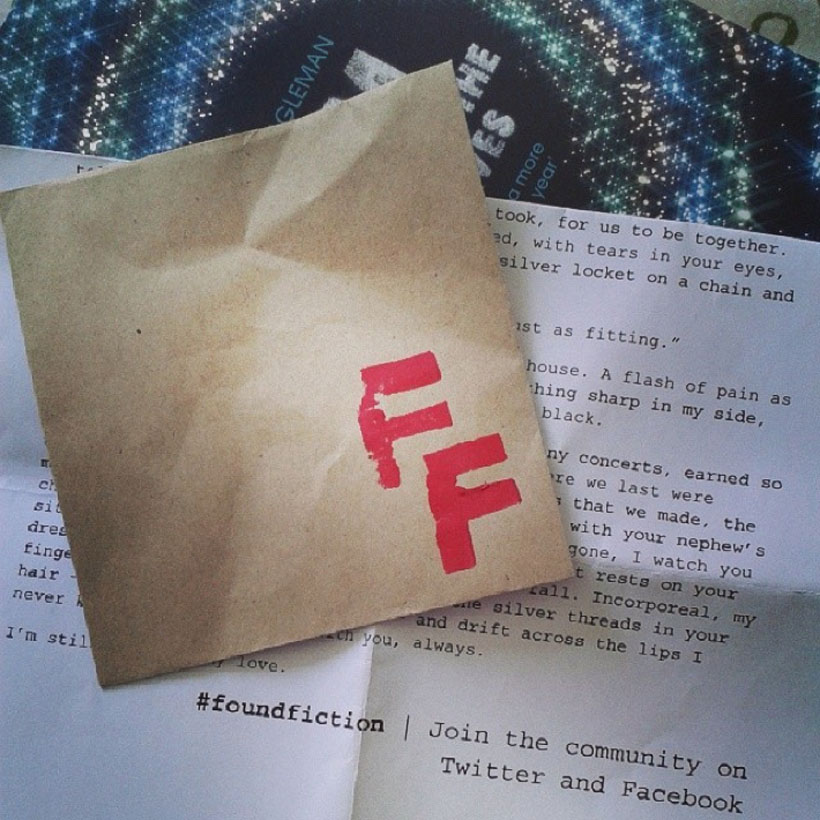
‘Smile, it might never happen.’
‘Live every day like it’s your last.’
‘Be true to yourself.’
Everyone has words to live by – particular phrases that define who we are and guide how we handle any curveballs life throws at us.
For #foundfiction it’s ‘the best stories you find are the ones that find you’. This is the idea that literature is about a reader taking the outstretched hand of a writer they’ll probably never meet, making a powerful bond through a story they didn’t know they were looking for.
The concept behind #foundfiction is very simple. Writers send in their stories, which are printed out, folded up, put in envelopes marked ‘READ ME’, and left in public spaces for someone to find. To date, there have been over 4,000 envelopes distributed across the world – throughout the UK and Europe, and as far as the US, Canada, Australia, Africa and Japan.
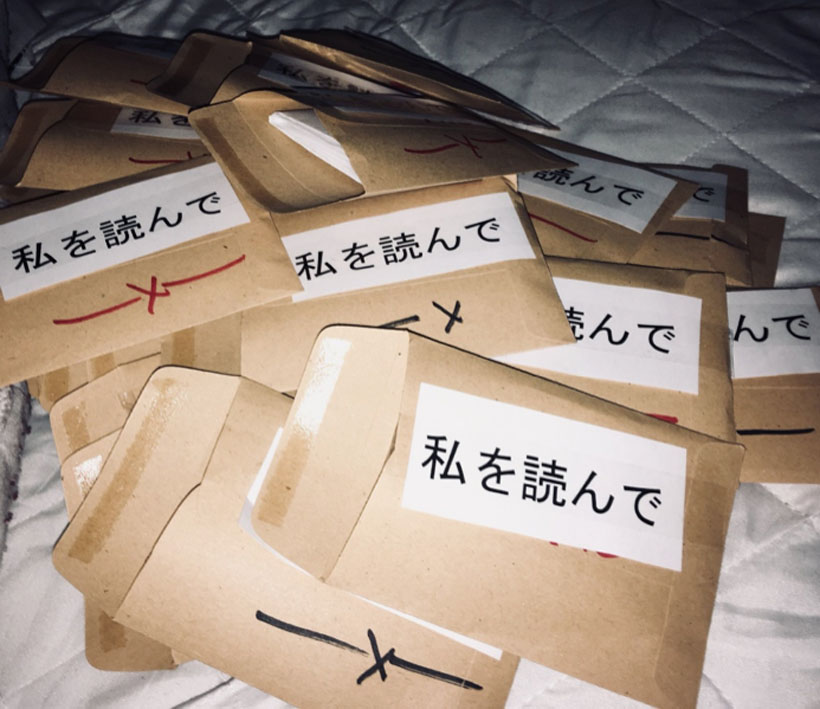
#foundfiction has also printed stories in Polish and French – and it has plans to broaden the languages it publishes even further by working with translators and welcoming short story writers worldwide.
Where are the stories left? Anywhere they’re likely to be found and appreciated. Bookshops, cafés and train stations are where readers usually stumble upon these mysterious envelopes – but they’ve also turned up in the crevices of trees, at cash points and in mannequin hands in fashion stores. #foundfiction defines street literature.
How is #foundfiction growing?
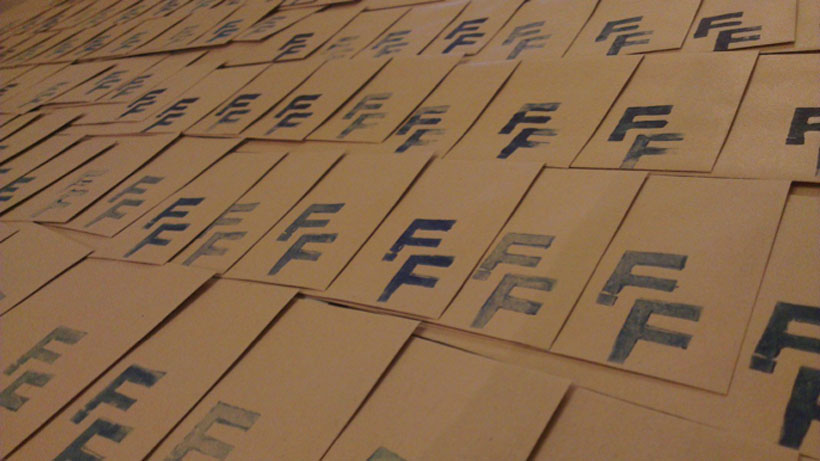
After initially starting out as a means by which one shy writer could get his work read by others anonymously, #foundfiction now publishes work by over 50 writers.
Steve Clarkson, the founder of #foundfiction, said: “The project began when I was chatting to a friend who was a writer and really wanted his work to be read. However, he was shy so he didn’t want anyone to know it was him responsible for the words.
“We started thinking of ways we could get his work out there anonymously, and came up with #foundfiction. I never dreamed it would grow into the project it is today, with so many writers involved and stories turning up as far away as Brisbane, Cape Town and Los Angeles.
“The primary purpose of #foundfiction is to connect writers and readers across the world – and we’d love to think we brighten someone’s day in the process. If we’re going to make the world a more positive place, it will be one envelope at a time.”
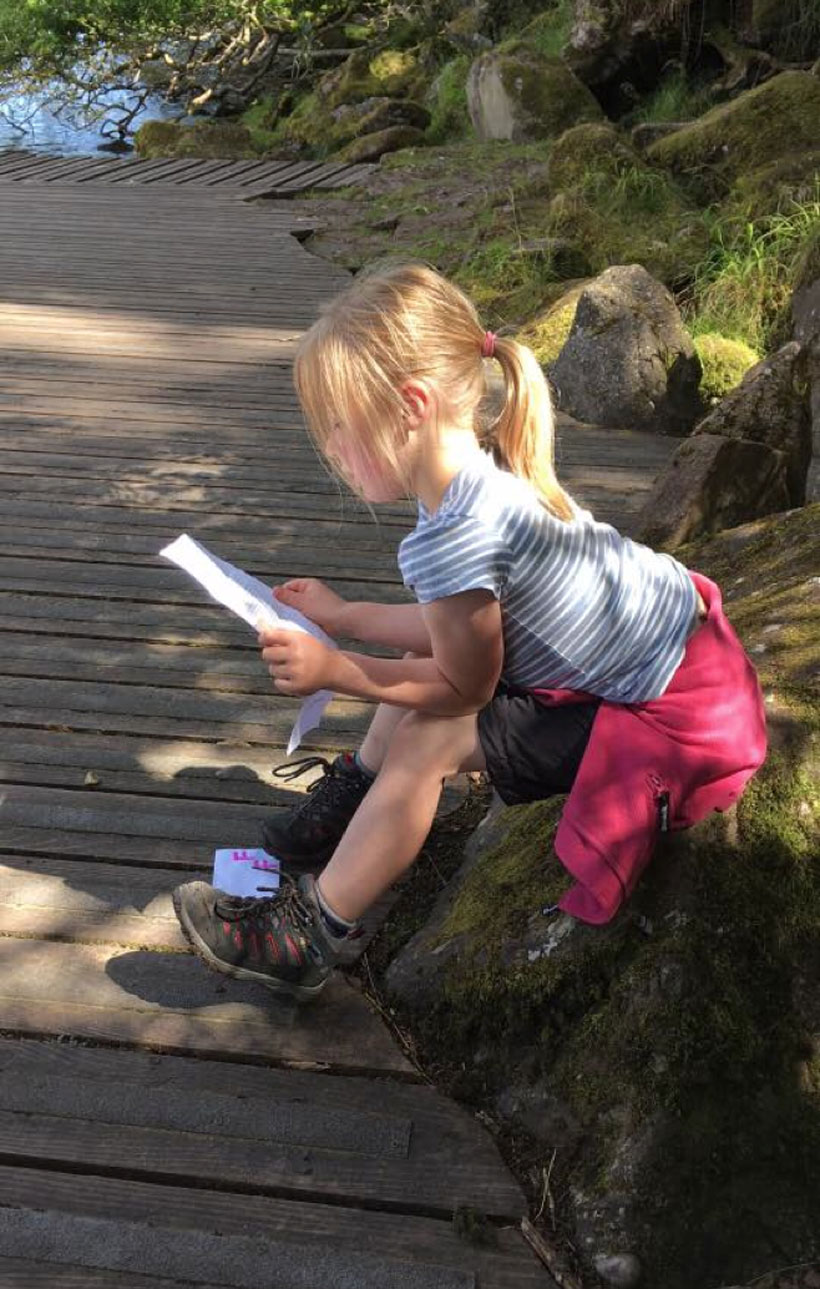
In February 2018 #foundfiction received a grant from Leeds Inspired, which funds many arts projects, venues and organisations across the city. The funds went towards staging a launch night at the Leeds Library – and the project has gone from strength to strength ever since.
It’s explored a variety of avenues over the past six months, including:
• Expanding into new languages – printing stories in French as well as Polish, and growing into communities in those respective countries.
• Working with youngsters – to inspire kids to read more and write better through writing workshops and competitions.
• Helping authors publicise their work – delivering creative publicity strategies for authors and small publishers by scattering extracts of new work in the run-up to book launches.
• Co-writing short stories with the public – installing the #foundfiction writing desk at literary festivals and across cities nationwide, encouraging members of the public to co-create short stories.
Looking ahead – how can travellers get involved?
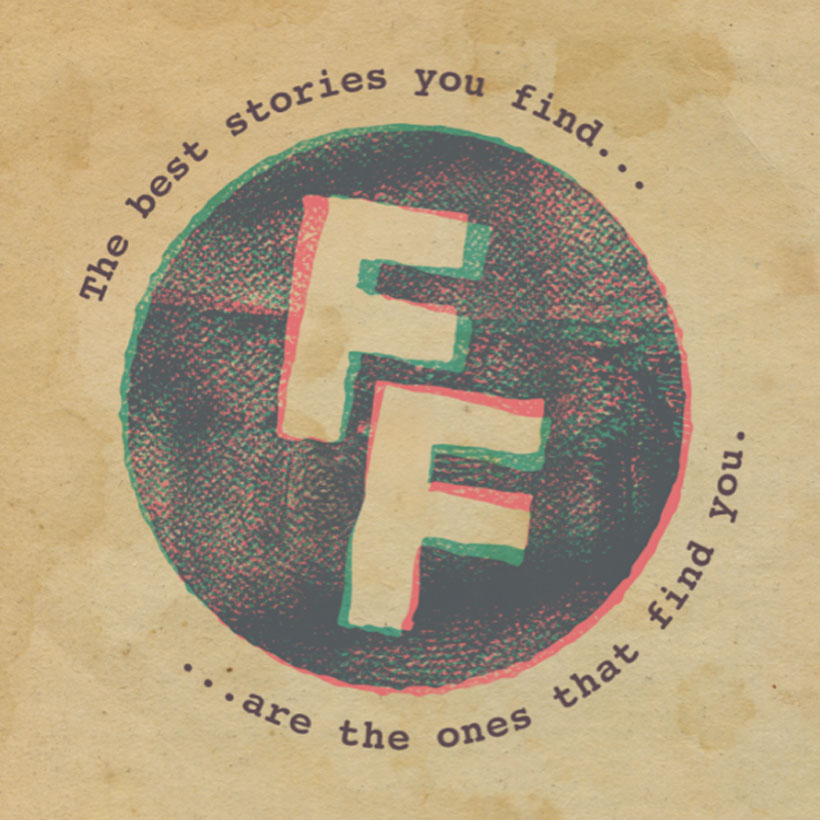
#foundfiction is always keen to hear from any creative writers – emerging or established. They can email fictionfound@gmail.com with stories up to 500 words, which will be printed and distributed for free. Travellers who wants to distribute short stories while they’re globetrotting can get involved by sending a mailing address – they’ll receive a bundle of stories in return. You can also join the community on social media using the #foundfiction hashtag.
Steve said: “It’s always been our goal to grow #foundfiction. Ultimately, if every major city across the world had the scale of a following we have in Leeds, we’d be making a considerable impact on the way people publish and consume short fiction.
“Like Airbnb, Uber and Deliveroo have disrupted their respective industries, we could one day be doing the same in publishing. If we’re ever going to get there, we need more writers, more distributors, and more support. We’ve come a long way in a few short months, so it’s possible. If you want to be part of helping us get there, get involved.
“#foundfiction belongs to our community. Keep writing, keep sharing and keep in touch.”
Twitter: @fictionfound
Facebook: foundfiction
Instagram: found_fiction
